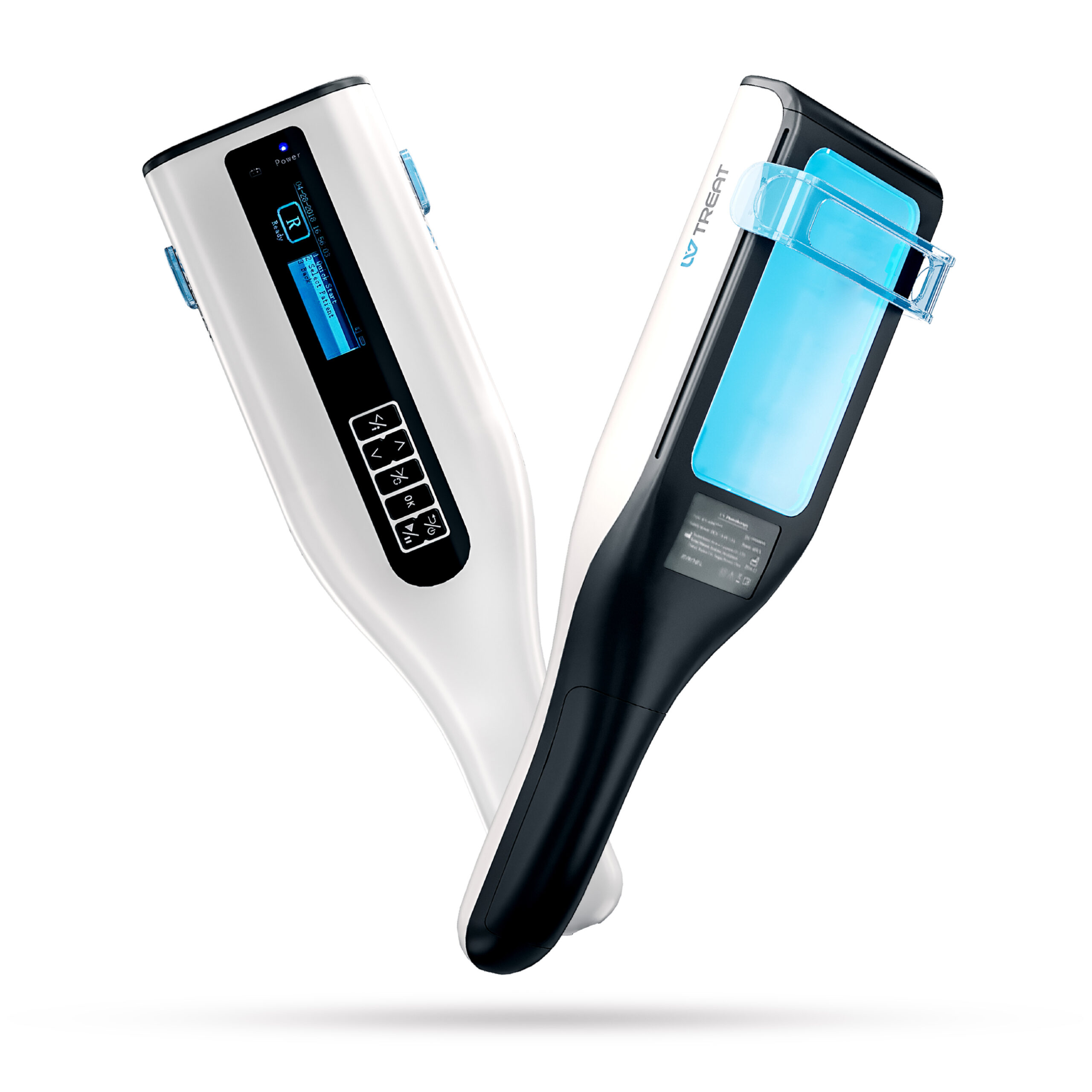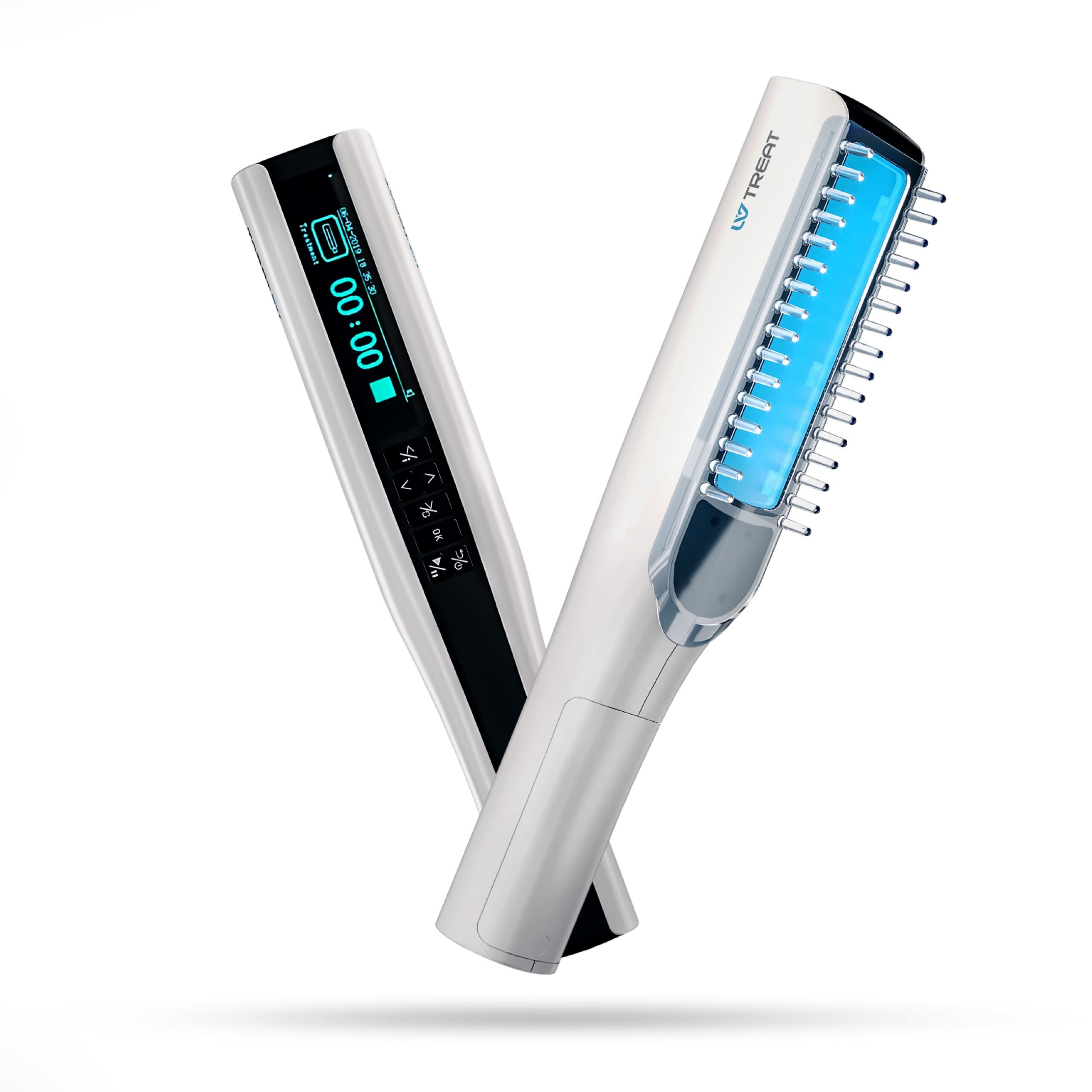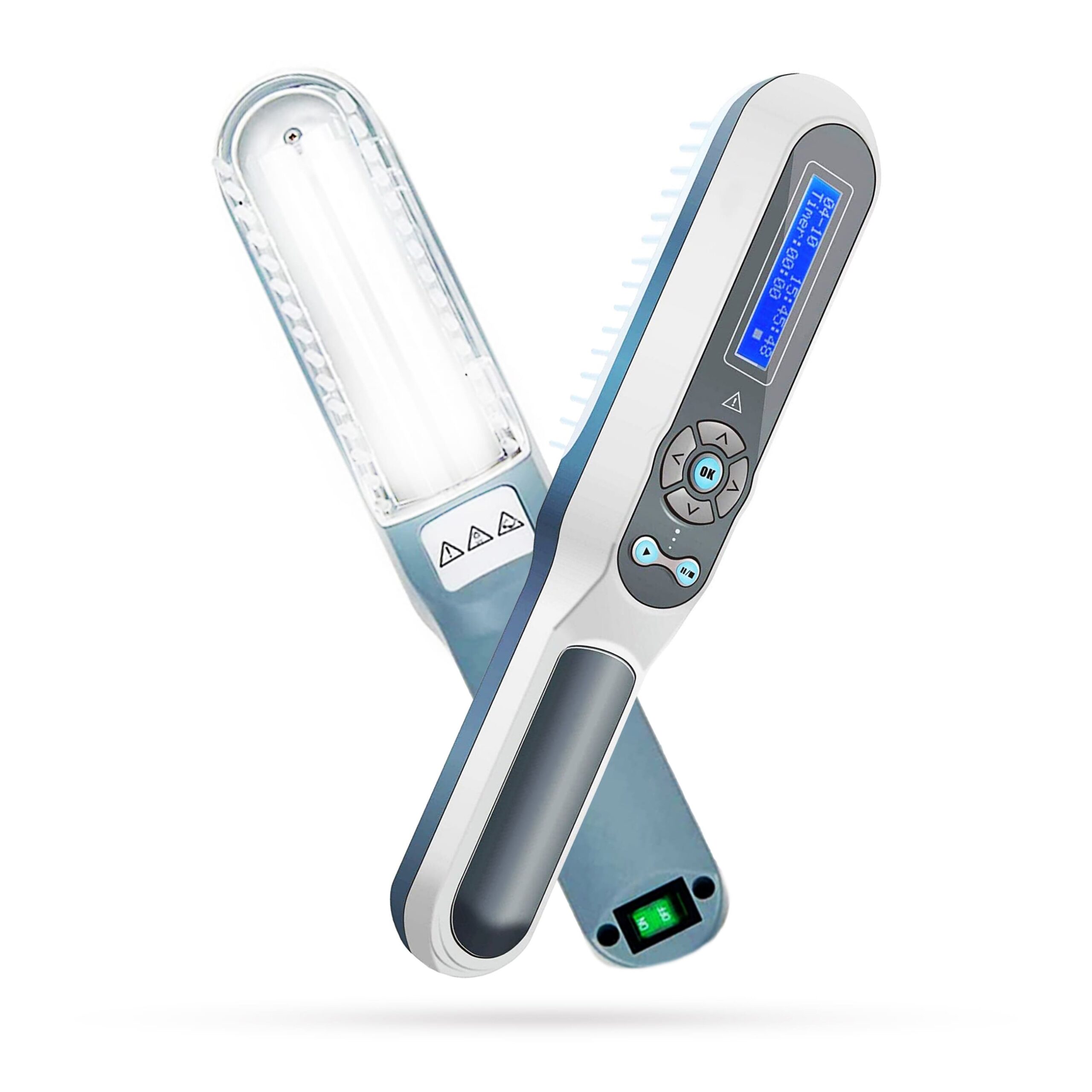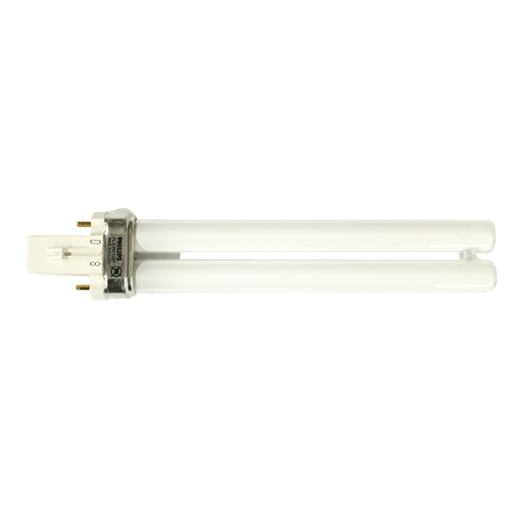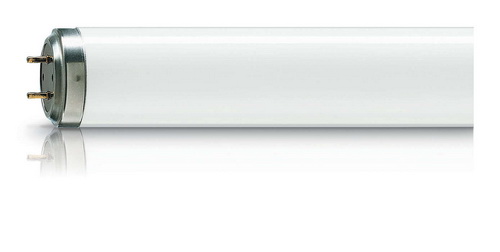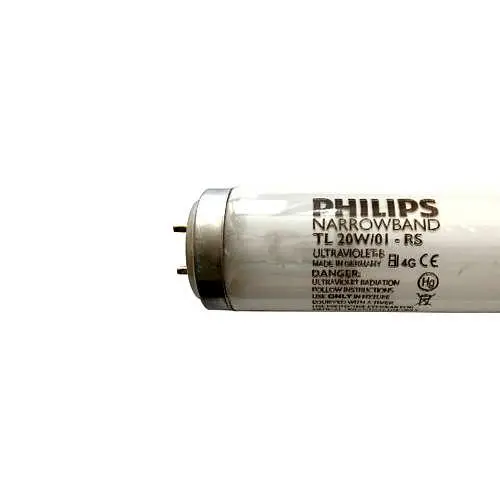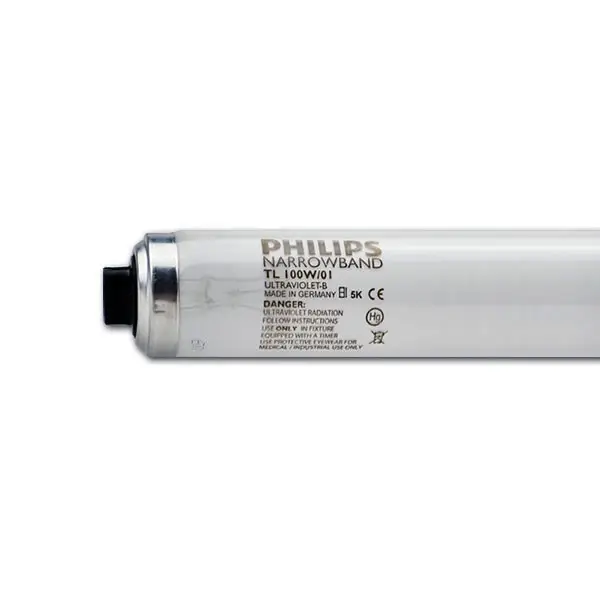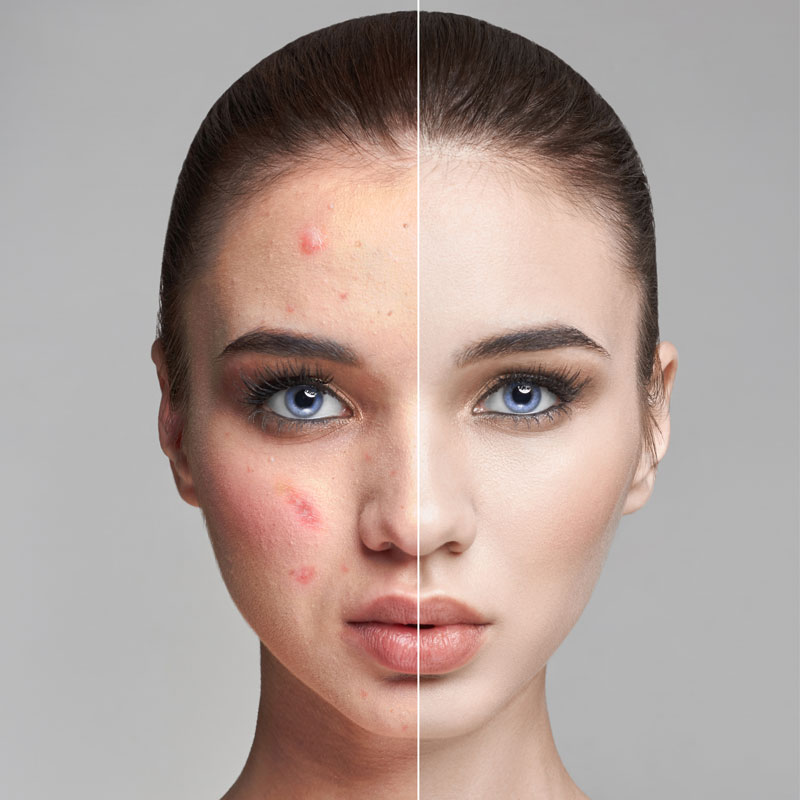Published on February 22, 2024
Сlinical experiences in NB-UVB of non-psoriatic skin conditions
Gambichler et al (2005) provided an update on clinical experiences in NB-UVB of non-psoriatic skin conditions, and established its current position within the spectrum of competing photo(chemo)therapeutic options. The computerized bibliographic database PubMed, without time limits, and other sources were screened for clinical trials on NB-UVB. Included were research articles of randomized controlled trials (RCTs), open prospective studies, and retrospective observations on NB-UVB in skin disorders other than psoriasis. A total of 28 articles met eligibility criteria including 6 RCTs, 16 open prospective studies, and 6 retrospective observations. Narrow-band UVB is effective in patients with chronic atopic dermatitis (AD) (n = 719) and generalized vitiligo (n = 305) and appears to have some advantages over competing photo(chemo)therapeutic regimens. Narrow-band UVB also seems to be effective in patients with PMLE (n = 25), early stages of CTCL (n = 108), chronic urticaria (n = 88), lichen planus (n = 15), pruritus associated with polycythemia vera (n = 10), seborrheic dermatitis (n = 18), actinic prurigo (n = 6), and acquired perforating dermatosis (n = 5). The quality of evidence determined for the afore-mentioned diagnosis ranged from high to moderate to very low. The authors concluded that the best currently available data on NB-UVB in non-psoriatic conditions exist for AD and generalized vitiligo. In view of its efficacy, benefit/risk profile, and costs, NB-UVB may be considered the first-line photo(chemo)therapeutic option for moderately severe AD and widespread vitiligo. In the treatment of most other non-psoriatic conditions, NB-UVB appears to be effective, but current data allow no definitive conclusions as to whether NB-UVB should be preferred to competing photo(chemo)therapeutic options such as PUVA regimens. Because NB-UVB may have a wider indication spectrum, including AD, vitiligo, and early-stage CTCL, and appears to be equally effective or even more effective than broad-band UVB (BB-UVB), a switch from BB-UVB to NB-UVB seems to be justified. This study had a small number of patients with PMLE (n = 25).
References
- https://www.aetna.com/cpb/medical/data/200_299/0205.html
- Gambichler T, Breuckmann F, Boms S, et al. Narrowband UVB phototherapy in skin conditions beyond psoriasis. J Am Acad Dermatol. 2005;52(4):660-670.
